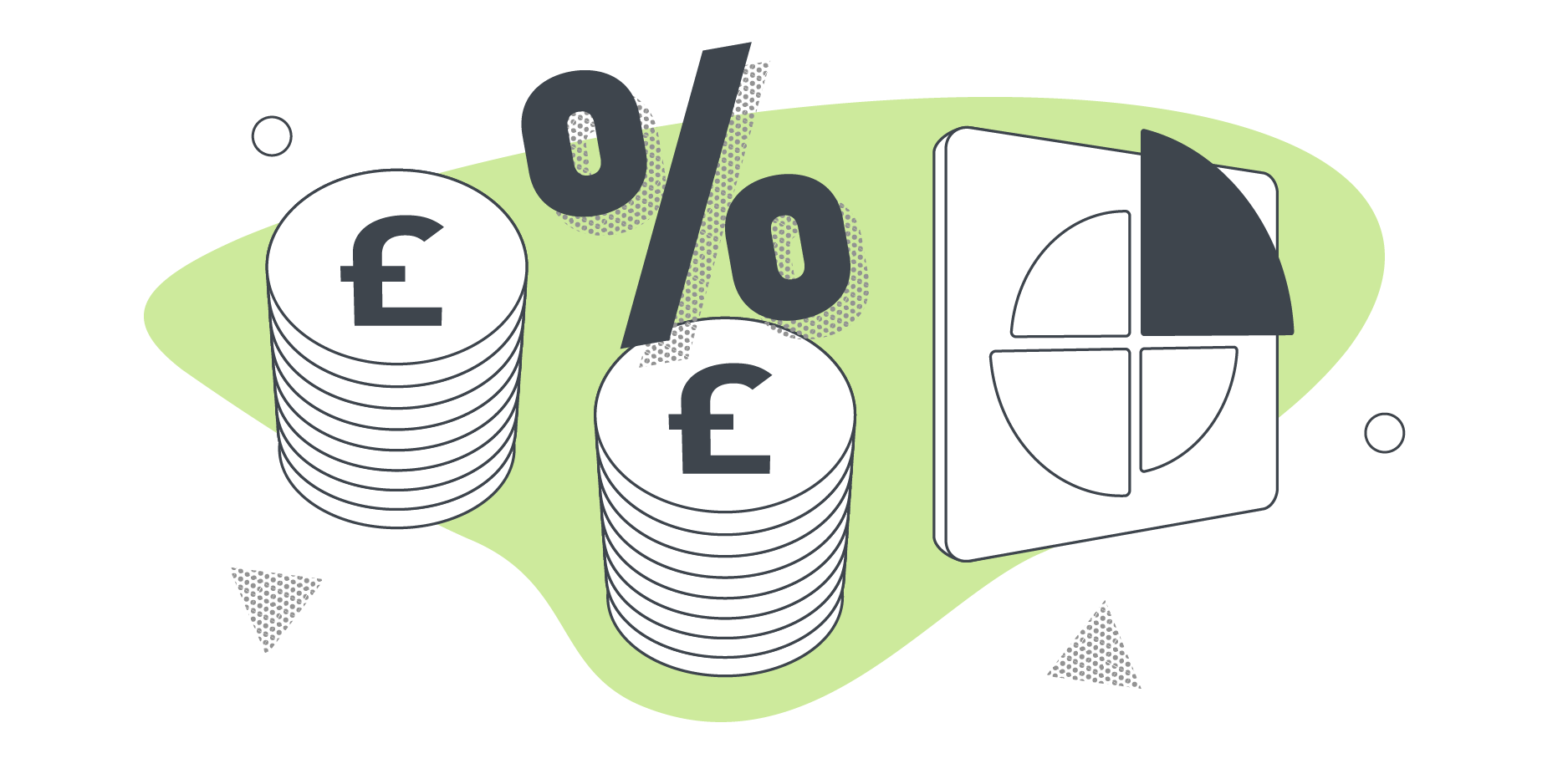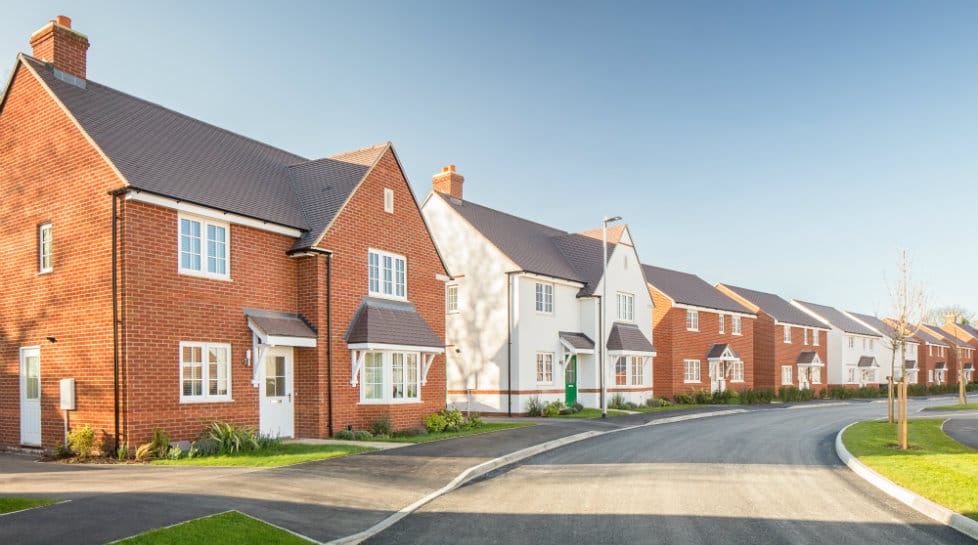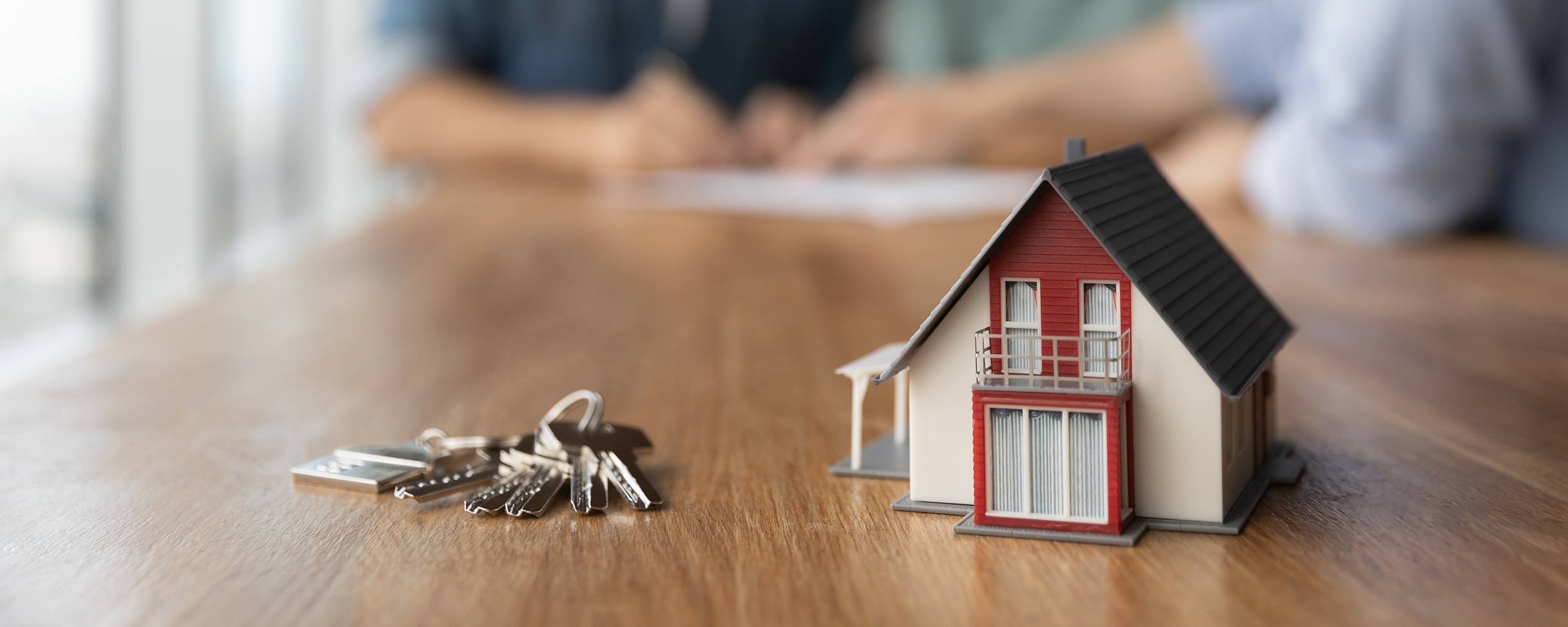
Navigating the world of mortgages can feel daunting for a first-time buyer. Whether you're looking for a new build property or an older home, understanding the mortgage landscape is crucial. Learn about the various mortgage types, the application process and low-deposit schemes in our handy guide.
Key Takeaways
- Mortgage Basics: A mortgage is a loan secured against your home.
- Types: Fixed, tracker, and variable rate options available.
- Repayment: Choose between repayment or interest-only mortgages.
- Steps: Budget, check credit, get Agreement in Principle, apply with documents.
- Deposit: Typically 5–10% needed.
- Support Schemes: Includes Deposit Unlock, Deposit Boost, First Homes, and shared ownership.
- New-Build Tip: Apply early—mortgage offers last around 6 months.
What is a mortgage?
A mortgage is a loan from a bank or building society to buy a home. You pay it back over many years. The lender ‘secures’ the loan against your home until you’ve paid it back. If you can’t keep up with your repayments, the lender can repossess your home to sell it and get their money back.
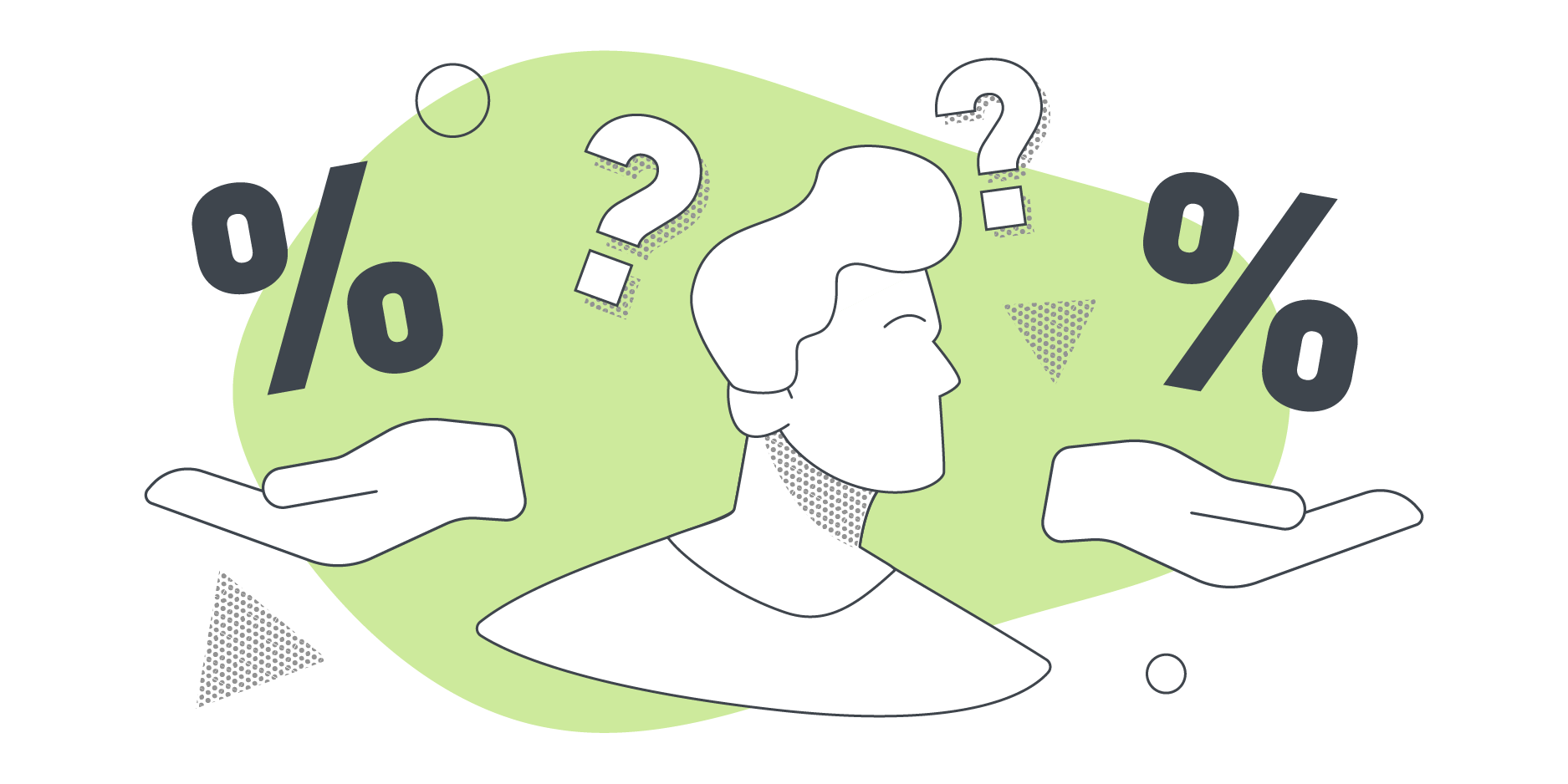
What types of mortgages are available for first-time buyers?
The three main types of mortgages for first-time buyers are:
• Fixed-rate
• Tracker
• Standard variable rate
Fixed-rate mortgages
A fixed-rate mortgage is a type of home loan where the interest rate remains the same for a specified period, typically between two and five years. Once the period ends, you’ll transition to your lender’s standard variable rate unless you’ve already arranged a new mortgage deal. Fixed-rate mortgages provide certainty – you know exactly what your monthly repayments will be during the fixed term.
Tracker mortgages
This type of mortgage is linked to the Bank of England's base rate but has a certain percentage added on top. Usually, a tracker mortgage deal lasts between two and five years. Your repayments will change in response to the base rate. So, if the rate falls, so will your repayments. But if it goes up, your repayments will, too.
Standard variable mortgages
When your fixed or variable rate mortgage deal comes to an end, you’ll normally move on to your lender’s standard variable rate mortgage. This can vary, as your lender can set whatever rate they wish. With a standard variable rate, you can leave at any time without paying exit fees. However, the rate is likely to be higher than most deals, and it can change at any time.
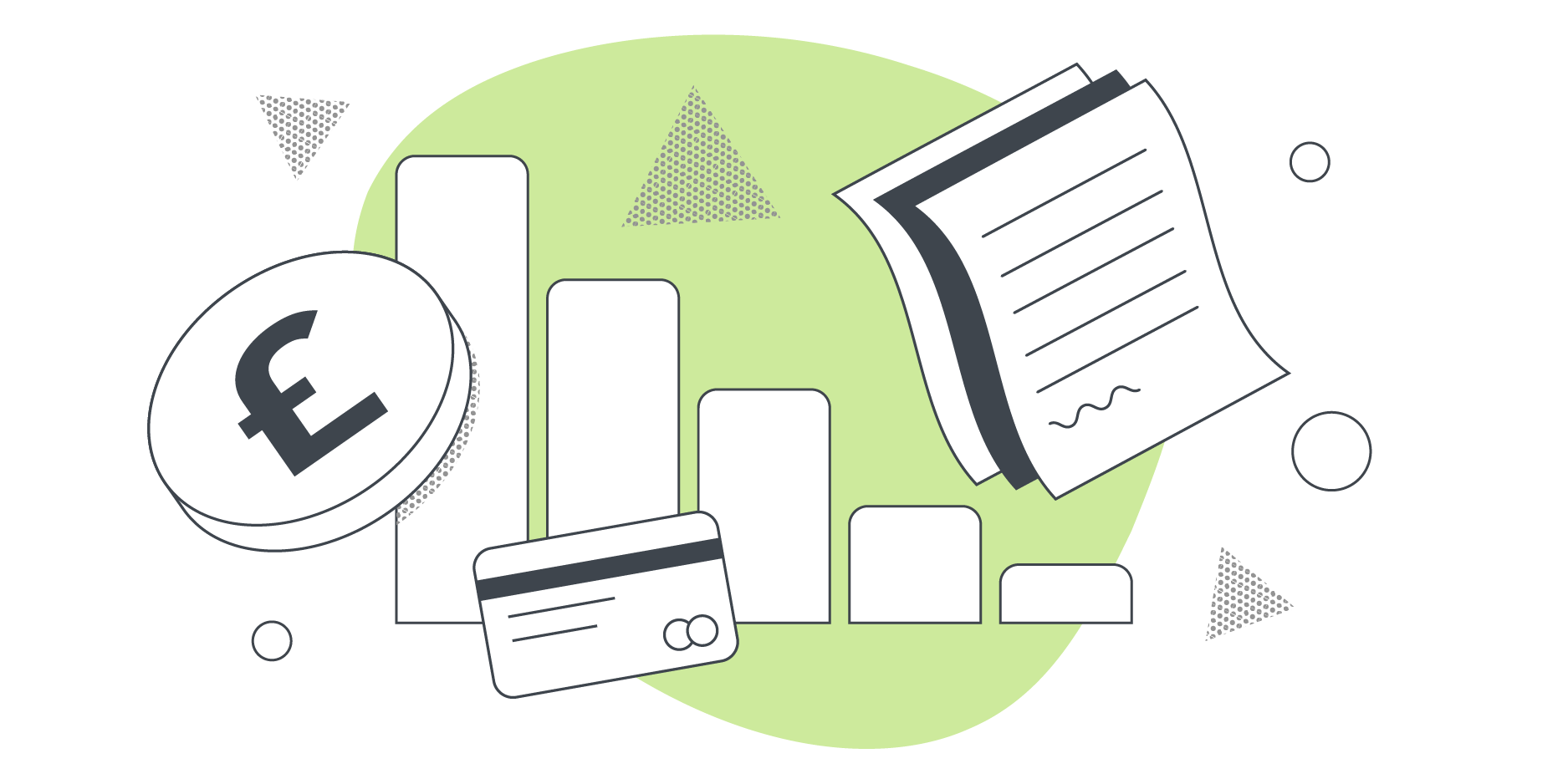
What are the mortgage repayment options for a first-time buyer?
There are two types of payment options: repayment and interest-only mortgages.
Repayment mortgages
You make monthly repayments for an agreed amount of time (known as the term) until you've paid back both the capital and the interest. As long as you keep up the repayments, your mortgage balance will get smaller each month and will be repaid by the end of the term.
Interest-only mortgages
You only pay the interest on the loan each month and repay the full amount you've borrowed at the end of the mortgage. Lenders will want to see evidence of a separate savings plan for how you intend to repay the capital at the end of the term. Interest-only mortgages are more common for buy-to-let properties.
How do I get a mortgage?
Here are some steps to help you find the right mortgage:
1. Calculate your finances
Figuring out your finances is key when getting a mortgage. Calculate how much money you need for a deposit, how much you need to borrow, your risk tolerance and what monthly repayments you can afford.
2. Credit score matters
A good credit score can unlock better mortgage deals. Boost your score by:
• Getting on the electoral roll
• Making debt repayments on time
• Holding the same bank account for a number of years
• Limiting credit applications in a short space of time
• Keeping your address information accurate
3. Agreement in Principle (AIP)
Once you’ve found a suitable mortgage that works for you, get an Agreement in Principle. This confirms the lender’s willingness to lend you a specific amount. For first-time buyers, an AIP proves affordability and helps narrow your search to homes that are within your budget.
4. Full mortgage application
After having an offer accepted on a home, proceed to the full mortgage application. Your lender will conduct a detailed check and ask for evidence of your income and deposit. If your application is accepted, they’ll give you a binding offer.
Remember, expert advice from a regulated mortgage adviser or broker can make this process smoother.
How much do I need for a deposit?
Determining how much you need for a deposit is one of the most important considerations for first-time buyers. A deposit is a lump of money you put towards the purchase of a home.
The amount you need depends on the lender. Many require at least 5%, but some may ask for a minimum of 10%.
How much can I borrow, and how much will it cost?
You can work out how much you can borrow by entering your annual salary and, if applicable, your partner’s income. Additionally, you can calculate potential mortgage costs by entering the amount you want to borrow, the interest rate and the mortgage term.
Use our Mortgage Affordability Calculator to find out.
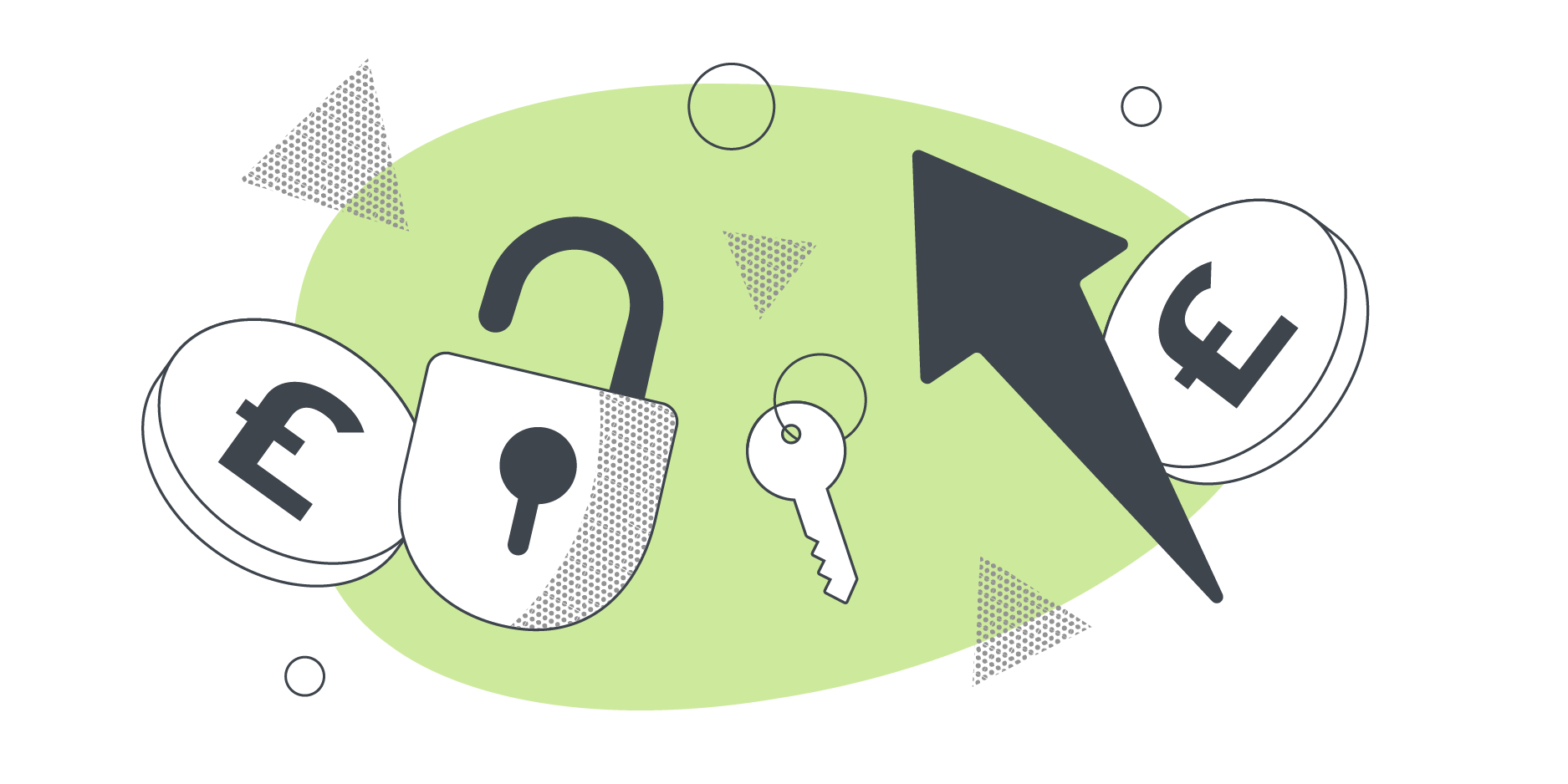
What schemes are available for first-time buyers?
We have unique schemes to support first-time buyers with their property purchase.
Deposit Unlock
If you’re a first-time buyer, you can buy with just a 5% deposit. Available on selected new build homes, Deposit Unlock lets you access competitively priced mortgage deals up to £750,000, so you can get the home you want with a 95% mortgage.
Deposit Boost
If you have a 10% deposit, we could boost it with a further 5% of the sale price, giving you a 15% deposit to work with. Deposit Boost means you’ll borrow less and could help you secure a more competitive mortgage deal.
First Homes
First Homes is a government-backed scheme that assists first-time buyers with purchasing their homes. Selected new build homes in England are discounted at least 30% of the market value. The maximum price available for this initiative is £250,000 around the UK and £420,000 in London (after the discount is applied).
Kickstart Scheme
With the Kickstart scheme, eligible buyers can purchase up to 75% of an energy-efficient, newly constructed home and pay a subsidised rent for the remaining share (subject to availability).
Own New - Rate Reducer
The Own New - Rate Reducer scheme is designed for first-time buyers and existing homeowners. It’s available for new build homes. You can receive a contribution of either 3% or 5% of the purchase price (depending on the build stage of your chosen home), which goes directly to your mortgage lender.
Parent Power
First-time buyers receiving financial help from family or friends could get additional support via the Parent Power scheme. We’ll match the help you’re receiving up to a maximum of 5% of the purchase price. You’ll also receive an extra 1% contribution towards your flooring.
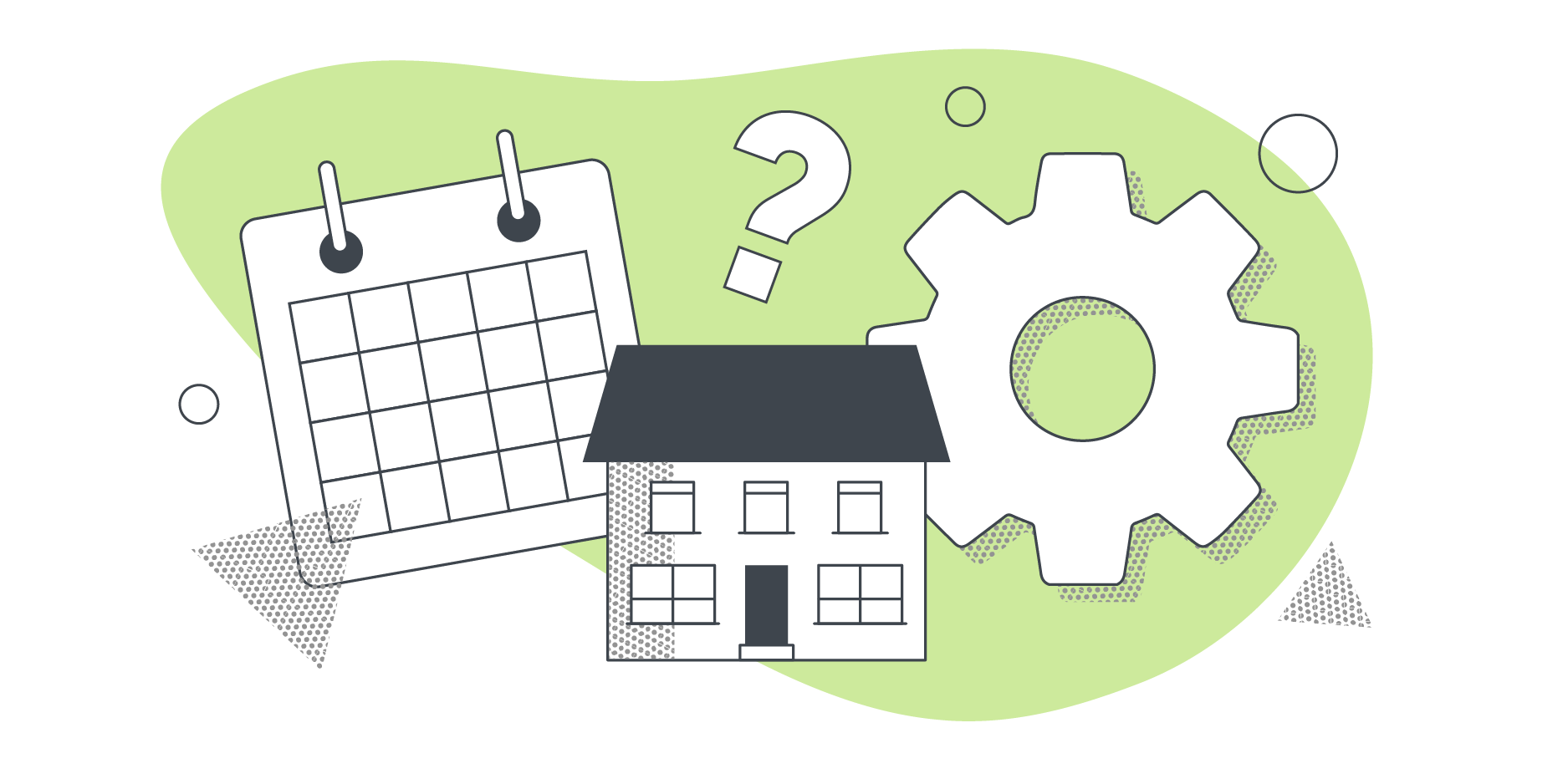
Is the process of buying a new build home different?
There are some things you need to consider when purchasing a new build home.
Timescales
Once you’ve put down a deposit, you may have to exchange contracts on your purchase soon after. So, it’s important to start your mortgage application process as soon as you can.
Mortgage offer periods
Most lenders are familiar with people buying brand-new homes and also buying ‘off-plan’, which is when you purchase a home before it’s been built. However, your mortgage offer may only last for six months, so you’ll need to complete your purchase within that period.
Discover our wide range of brand-new properties across the UK.
We also have fantastic offers to help you through the process.
Call our Sales Advisers today to kickstart your homebuying journey.
